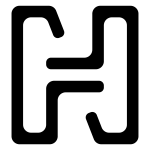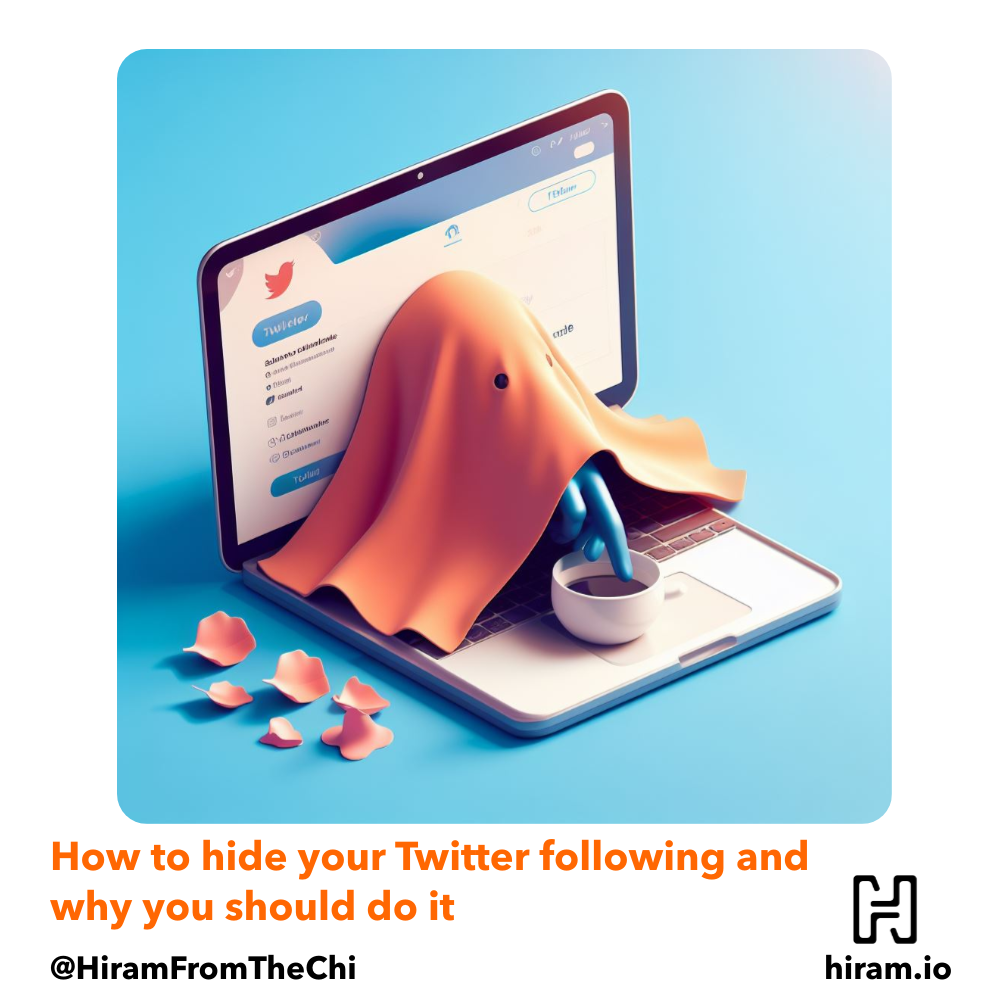Table of Contents
Vanity metrics and the context around them all
The conversation starter
In the wake of the Capitol Hill siege, something that emerged yet again is social media's role in providing a platform for groups to organize and deliver a coup. Many criticized Twitter's and Facebook's response to the slew of misinformation and disinformation being spread across the social media pipes, ironically, on these platforms themselves.
Fast forward to Musk's forced acquisition of Twitter, and endless discussions continue to brew about building Twitter alternatives, despite there being a few out there already (namely Mastodon).
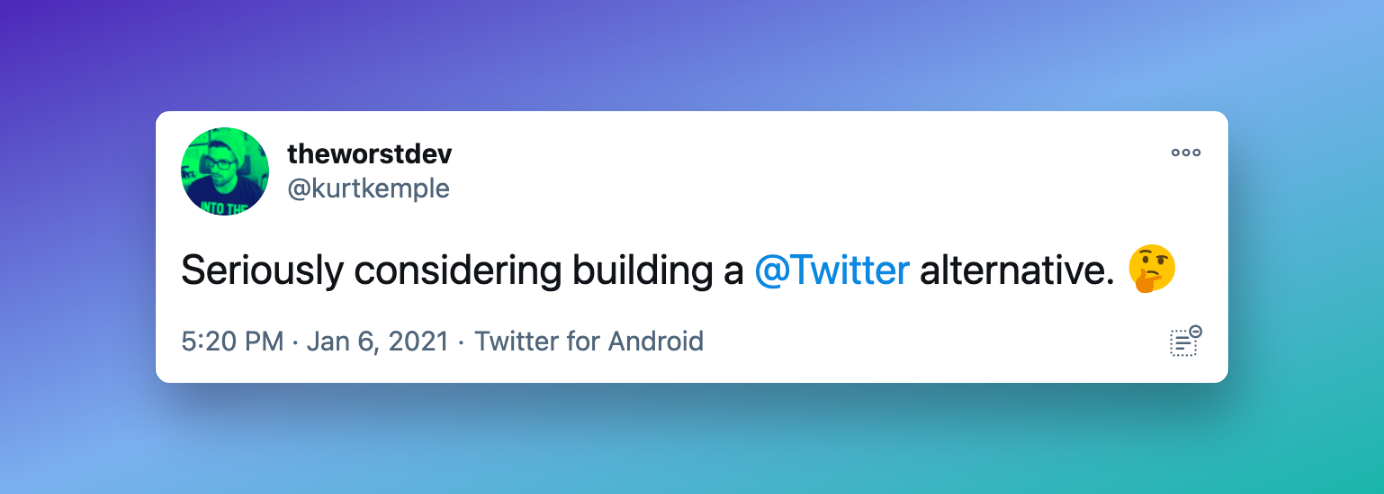
I even saw some tweets directly asking Elon to buy Twitter just to shut it down once and for all.

Let's be real—if it doesn't happen on Twitter, it'll happen on Facebook. And if it doesn't happen on Facebook, it'll happen on Snapchat. Or TikTok. Or whatever the new most powerful/engaging algorithm is.
But all platforms aren't created equal.
Lack of technical knowledge to build the platform is no longer the barrier, but rather the network effects that keep us locked in. You're on these platforms because your friends are there, and they're there because their friends are there...
Network effects are insanely powerful, and social media is the prime example. We know it's not good for us, we know the effects that it has had on us, but still, we're on there because our friends, family, and publications are on there.
There's no question that social media as it stands is broken. While I'm all for playing devil's advocate for the sake of honest, constructive discussion, this statement isn't up for debate anymore. In this day and age, there should be zero doubt regarding the dangers and weaponization of social media.
As someone who has decided to live a more digitally private life (always been naturally reserved offline too), it's been ridiculously agonizing to know that there's a solution out there, but not be able to implement it—the solution being a mass migration to decentralized social media platforms, and the hurdle being not being able to garner enough collective will from the billions of users who still live on these platforms.
This happens because of network effects.
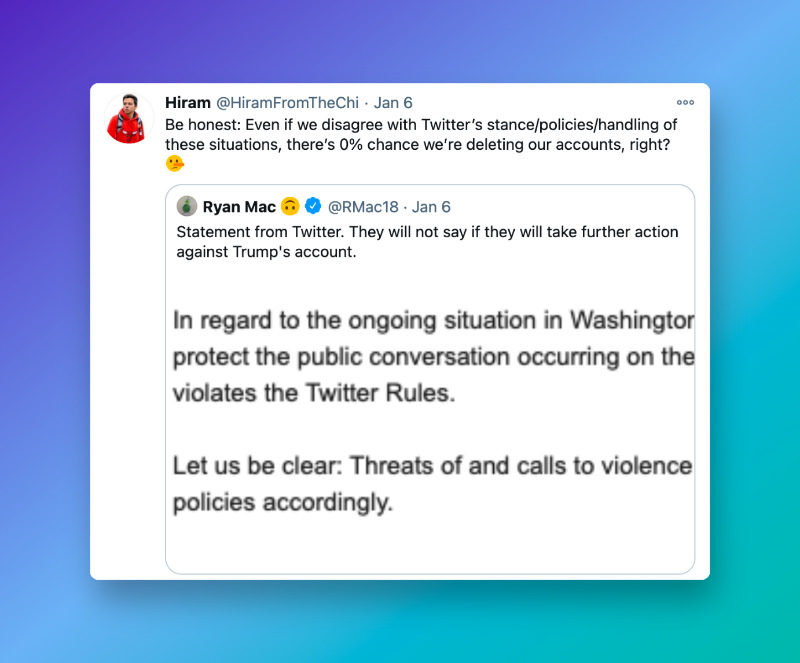
It has gotten to the point where I'm thinking of ways you could build something that would "copy and paste" your network into different platforms instead (e.g., Twitter ➡️ Mastodon, Instagram ➡️ PixelFed). Because let's face it—we're never going back to a world without social media.
The genie's out of the bottle and there's no going back. But we can change, adapt, and rebuild in a way that's not at the host of humanity.
Vanity metrics and the context around them all
People go crazy over vanity metrics and other little things. Giannis unfollows the Milwaukee Bucks routinely every year during the off-season, but people still go crazy with rumors about him leaving Milwaukee.
Then there’s Jeff Bezos. On Twitter, there was a time when he followed only one person—his ex-wife McKenzie. She, on the other hand, didn't follow anyone. People went crazy over this.



People really dig into this stuff and start creating narratives around it.
I'm not against social media itself. I think the concept of Facebook is great—be connected to friends and family somewhat asynchronously, and share what's going on. Tweeting random thoughts in 280 characters? Sweet. Staying connected with coworkers? Of course. Subscribing to specific forums so that you have all of your interests in one place? So convenient.
Sharing pictures of everything you eat on Instagram? Well, I'm not a fan of that, but if you like it and it makes you happy, that's all that matters and I'll still support that. Because I believe you should have the right to do that if you want to.
What I am against is an intrinsically flawed business model that exists to exploit the time, attention, and most importantly, behaviors of its users. Social media is not a tool like a wrench or a hammer—it has a mind of its own, with its own sinister objectives that aren't in your best interest.
How to hide who you follow on Twitter
Since most of the no-code community is still on Twitter, I'm still on Twitter. But I'd much rather engage with that community on Mastodon, a decentralized Twitter where we can be in control of our data, not see ads, and not be manipulated into spending more time on the platform for the sake of making a buck. Not to mention it has a 500 character limit, which is an added bonus. Mastodon actually has tons more functionality than Twitter, but again—it's a matter of bringing your network over to it.
So I got to thinking: If I can't migrate my community to a better platform, what can I do to make Twitter more like Mastodon? There's little I can change, since I can't change Twitter itself. However, one thing jumped out right away—followers and followings. It's possible to hide these on Mastodon and PixelFed.
On Twitter, I've noticed some profiles who follow tens (if not hundreds) of thousands of people (what does their feed even look like?). Then, there are others who follow zero.
Now, this doesn't mean that they're not actually "following" people, because they are. The only difference is that they're using private lists instead.
Lists have been around for a while now, but I've never gone through the trouble of actually setting them up. As I messed around with them, I started to see the value in using lists, and even compartmentalizing your interests as well. You could just make one giant list and follow people that way, without compartmentalizing topics, too. But you don't have to if you don't want to.
The point I'm making about lists is that it's a great way to stay connected to the people you want to follow (as well as discover new people) without being public about who you're following (or who's following you). You still get the same interactions and environment, minus the vanity metric. The goal is to enhance the microblogging experience, not diminish it.
I come across people all the time who say they don't care about the number of followers, but I also have friends who do care about these vanity metrics. I often see people tweet multiple times within a span of 10-15 minutes asking everyone to help them get to some arbitrary follower milestone.
Others share their meteoric rise in followers (and proportionally, their followings) by simply using the follow-back method. In other words, they'll follow you as a way to pressure you to follow them back, then, if you don't, they'll unfollow you soon after.
That's what these platforms do—they're great at easily allowing us to "compare" who's more influential, who's "better" (what does that even mean?), who has a higher follower to following ratio... All because we want to look important and impress people we've never even met and don't (or shouldn't) even care about.
All in all, this sucks. Social media is supposed to be about genuine connection. Authentic engagement. But instead, it quickly turned into a contest for likes and follows. It has given way to people leading not just curated, but fake, lives.
Twitter specifically has given rise to the "threadbois," people (usually men in tech) who will spew 10-15 tweets in a row without actually saying anything of substance.
In some ways, you can't really be mad—the algorithm is what's rewarding them with the clout that they seek, because the consumers are engaging in some way that the algorithm thinks is beneficial (to the platform).
The industry knows this—it’s why Instagram experimented by turning off likes for younger users. They know the effect the platform has on kids’ (and adults’) self-confidence, ego, and insecurities. Suicide rate and health statistics are not anomalies, they are trends.It leads to people feeling the need to create guides and reminders like these:
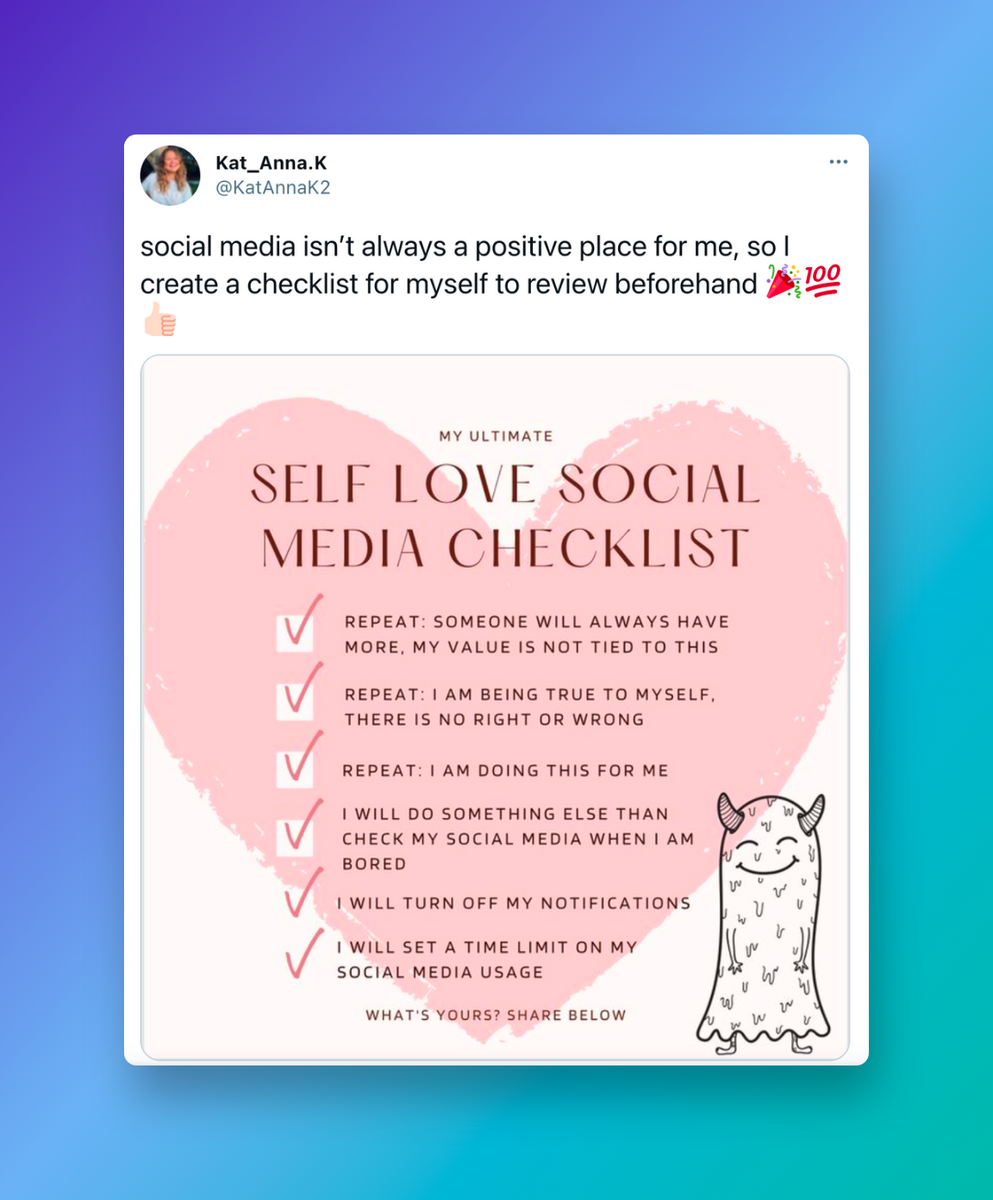
effects that social media has on our psychological well-being.
If social media was actually as great is it's often touted (e.g., "I can't believe this app is free" tweets), there wouldn't be a need to create a guide like this.
No one needs to know who you’re following, who’s following you, or where you’re connected. It’s a small detail, but with a lot of impact. Making this move is a step in getting people to not care so much about vanity metrics and make Twitter more like a decentralized platform not focused on making money from our behaviors.
Then again, these businesses are trapped in their own business model.
This reminds me of the common response when we hear about the importance of privacy, which is: "I have nothing to hide."
It's not about having something to hide, it's about having nothing to share. Privacy is not about hiding, but rather about having control over what you do share.
And the fact of the matter is—you do have something to hide. Doesn't mean that what you're hiding is something wrong, illegal, or immoral. You have locks on your doors, right? You have curtains or blinds at home? You use a password to get into your accounts, right? You have a sense of privacy. Because privacy is part of what makes us human, and what allows us to be ourselves.
Privacy is not about having something to hide—it's about being able to control what you share, who you share it with, and when you share it.
"Give me six lines written by the hand of the most honest man, I'll find enough to hang him." — Bruce Schneier
Until (fingers crossed) there's a state of the internet where social media is decentralized and not at the fingertips of just a handful of the most wealthy and powerful people, we should all take these steps, no matter how small, to create an environment that belongs to the people and is not constantly being weaponized. Hiding your followers is one of these steps.
Natively, there's no way to hide your followers on Twitter as of this writing. With that said, more people should publicly unfollow everyone, which should also desecrate the following count. In an ideal world, everyone would be using lists and their following and follower would eventually be zero for both (or nonexistent in the first place).

Maybe you do want to share who you follow, for whatever reason. That's fine too. But at least you have the option.
You're not forced into anything just because the platform wants to play mind games with you at your expense.
Building a better Twitter and social media experience
Make lists on Twitter. Get rid of your public following. Encourage others to unfollow you as well and build lists with you on it instead. Be happy. Be healthy. Connect. Engage. Build real relationships and nurture them.
And slowly but surely, let's start shifting our communities to human-centric, future-proof, decentralized platforms.
Let's link up:
- Web: hiram.io
- Rising Tide (blog): hiram.io/blog
- LinkedIn: @hiramfromthechi
- Twitter/X: @hiramfromthechi
- Medium: @hiramfromthechi
- Mastodon: @hiramfromthechi@mastodon.social
